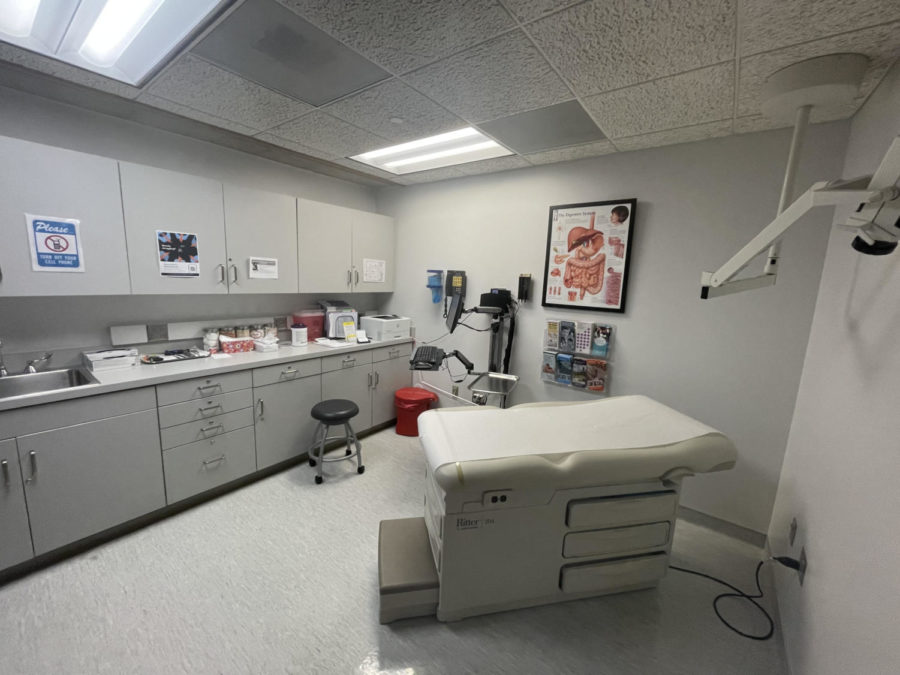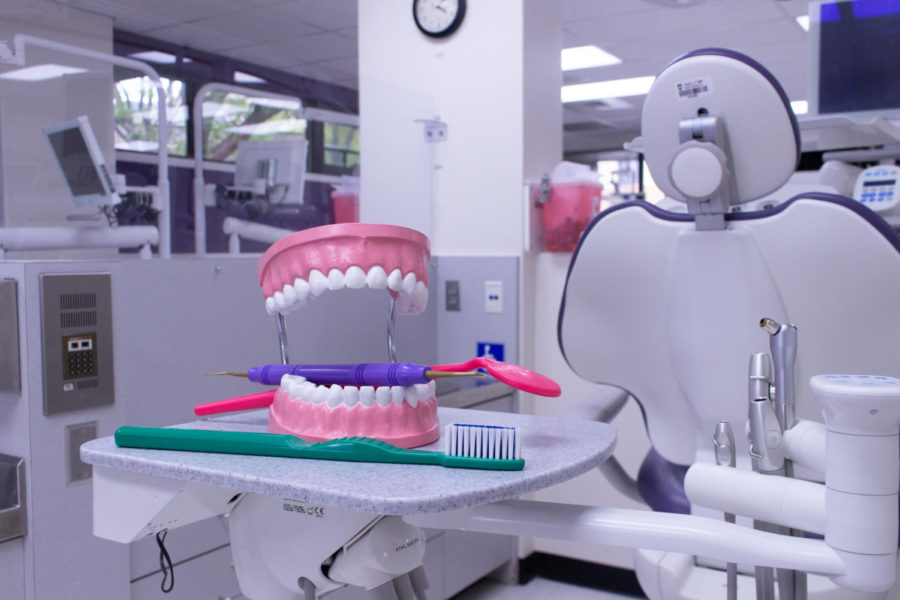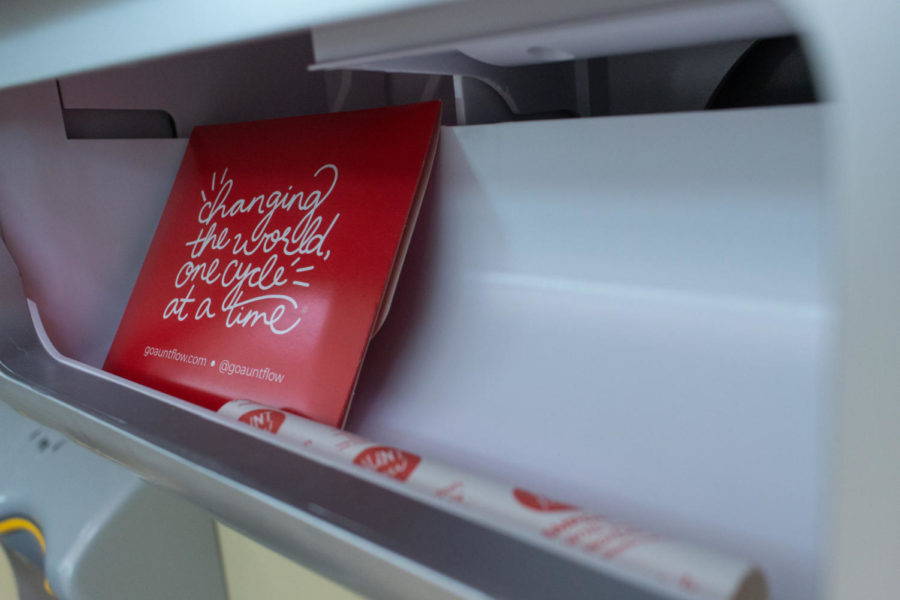Japanese scientists published a new discovery in the journal “Nature” that could make the entire technology for making stem cells a cheaper, safer and quicker process.
Cells usually have a designated role that cannot be changed once that role has been taken on. A blood cell decides it’s a fat cell and changes its role as a cell in the body. Stem cells are blank slates. They have the option of becoming whatever scientists or doctors need for regeneration of the human body. Stem cells are already being used in medicine for various organs such as the brain, heart and eyes.
Scientists in Japan demonstrated that simply dripping blood cells into a form of acid can create stem cells.
The scientists showed that shocking the blood cells with acid could trigger them to transform into stem cells.
Scientists call it STAP (stimulus-triggered acquisition of pluripotency cells), a process in which they shock the blood cells with the acid that triggers them to transform into stem cells.
Although scientists only used mouse blood for this experiment, they are in the process of testing the process on human blood cells.
The finding is shocking and exciting to scientists across the globe who believe this discovery could usher in an age of personalized medicine.
While most processes to make stem cells into a viable form of healing for patients can take 10 or more months, scientists claim the STAP process could cut the timeframe by weeks and at a lesser cost.
This new discovery is being heralded by the research community as revolutionary.
Information gathered from BBC.co.uk.
@WSUScienceTech














